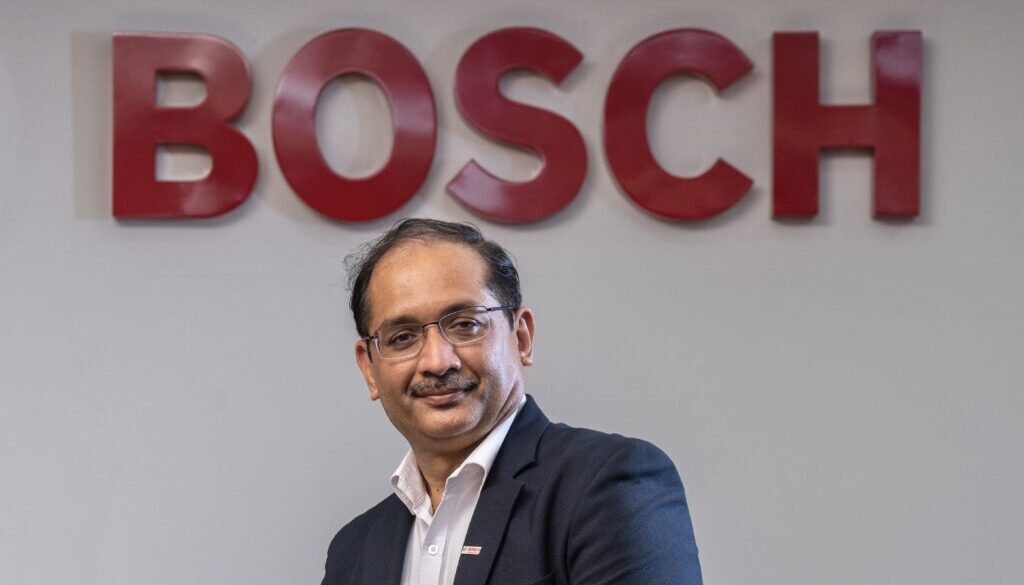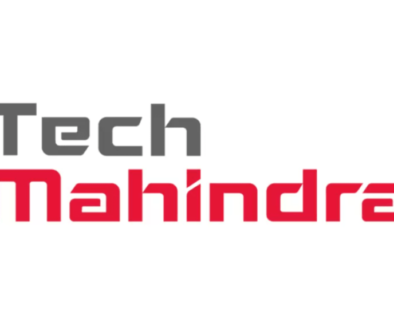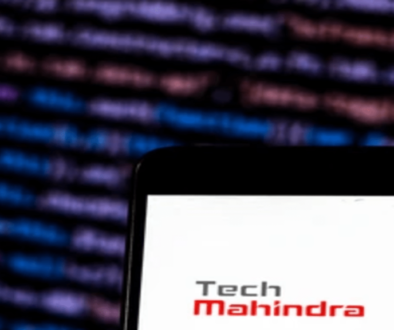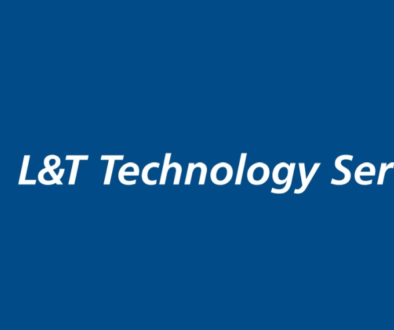“The modern CFO’s role exceeds traditional accounting” CFO, Bosch Global Software Technologies (BGSW)
CFOs have evolved into forward-looking strategic business partners who manage broad responsibilities and influence all aspects of the organization, from leadership to strategy
In an interaction with Urvi Shrivastav, editorial lead, BW CFO, BW Businessworld; Kaushik Sarkar, Senior Vice President and CFO, Bosch Global Software Technologies (BGSW) speaks about the leadership trends of Chief Financial Officers (CFOs) and the industry trends.
What are the changing trends in the leadership style of CFOs?
The modern CFO’s role exceeds traditional accounting, auditing, and financial planning responsibilities. It extends to broader duties like corporate strategy, digitization, and enterprise transformation. Although the former responsibilities remain essential to the role, CFOs today wield their influence over a wider spectrum of organizational functions and operations than ever before.
CFOs have evolved into forward-looking strategic business partners who manage broad responsibilities and influence all aspects of the organization, from leadership to strategy. It is now essential for CFOs to be brave and look ahead of the curve for new opportunities that can unlock business value.
In addition to the financial aspects of their jobs, today’s CFOs are:
● Experts in managing enterprise risk
● Focussed on growth & future-proofing their organization
● Evaluating and influencing the adoption of new technologies for digital transformation
Enterprises today are transforming fast, using emerging technologies like automation, AI, and cloud services that help improve business agility and resilience. The CFOs knowledge and understanding of the enterprise’s financial position is essential in providing direction and support to other departments and functions. CFOs use financial data and advanced analytics to drive business goals and strategies and are at the forefront of business transformation. With the rapidly evolving technological landscape, the rise of new business models, sustainability-led business models, and cybersecurity concerns, CFOs are constantly readapting themselves to achieve business success and stay relevant in an ever-evolving landscape.
At BGSW, we think having an agile, efficient, and innovation-driven workforce will be more crucial in this constantly changing world. The CFOs office is also responsible for implementing the appropriate processes and technologies to assist in retaining and acquiring the right talent required to maintain market leadership in a new era.
What new work models have emerged post-pandemic?
The pandemic has changed how businesses function globally. It has built resilience and strength as organizations decoded the new normal. Now, as the virus subsides, the world of work has changed permanently. We have embraced new remote and hybrid work models and added more flexibility to our post-pandemic lives. To succeed in the new normal, we need to weave a digital fabric that brings employees together from across the organization, making the digital experience just as enriching and necessary as the physical one.
Providing employees with an inclusive experience is especially crucial in a hybrid model. Organizations must focus on employee experience and flexible working models which are intelligent, connected & sustainable. Adopting technology that helps achieve seamless and easy work transitions between home, office, and back improves associates’ efficiency. At Bosch, we are defining nextgen work models and experimenting with new workplaces of the future models and concepts to accelerate our associate experience. We have opened centres in Hyderabad and Pune to bring work closer to our talent. We have also launched our smart campus Spark.NXT in Adugodi, Bangalore, which will commence operations in July 2023.
How do you take care of employee wellness?
Even though no organization could have prevented the pandemic, the event made us realize how important it is to remain prepared for change. Like all circumstances, the contemporary hybrid workplace has its advantages and disadvantages, but the disadvantages frequently have a more severe effect on employees’ health. Excessive hours spent in front of screens, blending personal and professional lives, among and other factors contribute to physical and mental illness. Regular health examinations and no-cost consultations can aid in dealing with health difficulties more successfully.
At Bosch Global Software Technologies (BGSW), we have created an atmosphere that stimulates creativity and encourages individuality, freedom, and autonomy. We have provided various benefits, like a work-from-home allowance to support a hybrid work culture. We are also creating a revamped and new-gen office space with designated collaboration areas to enhance team-led innovations and creativity. Keeping in mind the health and safety of our employees, we have recently increased their health insurance coverage.
Our programs create a high-quality working environment that promotes work-life balance and ensure employee physical and mental health via – counselling, flexi-work, breakout rooms, sports centres, innovation garage, and competitive compensation, among others. We aim to enhance both core and professional competencies of our employees.
How have the mergers and acquisitions trends changed, and how has the CFO’s role evolved in this?
Deal-making has always been at the fulcrum of the CFO’s role. The CFO knows and understands the nuances of the business and is responsible for financial aspects like valuation of assets and risk assessment. I also believe that sometimes CFOs wear two hats at a go – one of a deal enabler alongside the execution team and another hat of a steering committee member along with other senior executives. Hence, you may also view the CFOs role as a bridge between the execution team and the management.
In terms of the technology trend, I see that digital adoption is gaining traction in the market. Be it cloud-led transformation, big data analytics, or IoT, all the underlying technologies that enable digital adoption are sought after as against the traditional application development or software testing business. Besides, clients today attach much value to adopting AI/ML techniques in software projects. Beyond the traditional M&A, the start-up space in India is also vibrant. Indian start-up firms raised almost $74B in 2021 from various VC/PEs. We at Bosch have an appetite for investments and acquisitions in the technology space, which fits in the Bosch eco-system and aligns with our software focus, and fit-for-future strategy.




